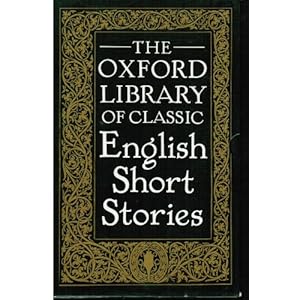There’s a page here on BibliOZ.com that lets you look up the New York Times bestselling books in the week you were born. I tried it out, and this is what I got:
Fiction bestsellers
1. James A. Michener, The Covenant
2. Ken Follett, The Key to Rebecca
3. Stephen King, Firestarter
4. E.L. Doctorow, Loon Lake
5. Cynthia Freeman, Come Pour the Wine
6. Larry Collins and Dominique Lapierre, The Fifth Horseman
7. Sidney Sheldon, Rage of Angels
8. Lawrence Sanders, The Tenth Commandment
9. Irving Wallace, The Second Lady
10. Helen MacInnes, The Hidden Target
11. Jean M. Auel, The Clan of the Cave Bear
12. Danielle Steel, The Ring
13. Robert Elegant, Manchu
14. J.R.R. Tolkien, Unfinished Tales
15. Irving Stone, The Origin
Non-Fiction bestsellers
1. Carl Sagan, Cosmos
2. Douglas R. Casey, Crisis Investing
3. Woody Allen, Side Effects
4. Wayne Dyer, The Sky’s the Limit
5. Craig Claiborne with Pierre Franey, Craig Claiborne’s Gourmet Diet
6. William Manchester, Goodbye, Darkness
7. Roger Tory Peterson, A Field Guide to the Birds
8. Ingrid Bergman and Alan Burgess, Ingrid Bergman: My Story
9. Betty Crocker’s International Cookbook
10. Robert K. Massie, Peter the Great
11. Studs Terkel, American Dreams
12. Milton & Rose Friedman, Free to Choose
13. Shelley Winters, Shelley: Also Known as Shirley
14. Truman Capote, Music for Chameleons
15. Robert G. Allem, Nothing Down
There are many books there that I don’t know, which I suppose is only to be expected, given that these bestseller lists are American and I’m not. But I do have a few thoughts:
- Even though it’s the fiction list that intrinsically interests me most, having Carl Sagan’s Cosmos at the top of the non-fiction list is pretty cool.
- I have never heard of James Michener or The Covenant, but I looked it up; and, as it’s over 1,200 pages long in paperback, it is unlikely to go on my TBR pile any time soon.
- I didn’t realise Ken Follett had been writing for so long.
- I’ve only actually heard of four of these books (Cosmos, Firestarter, The Clan of the Cave Bear, and Unfinished Tales), but not read any of them. so that preculdes me from being able to say anything interesting about them. Ho-hum.


Recent Comments